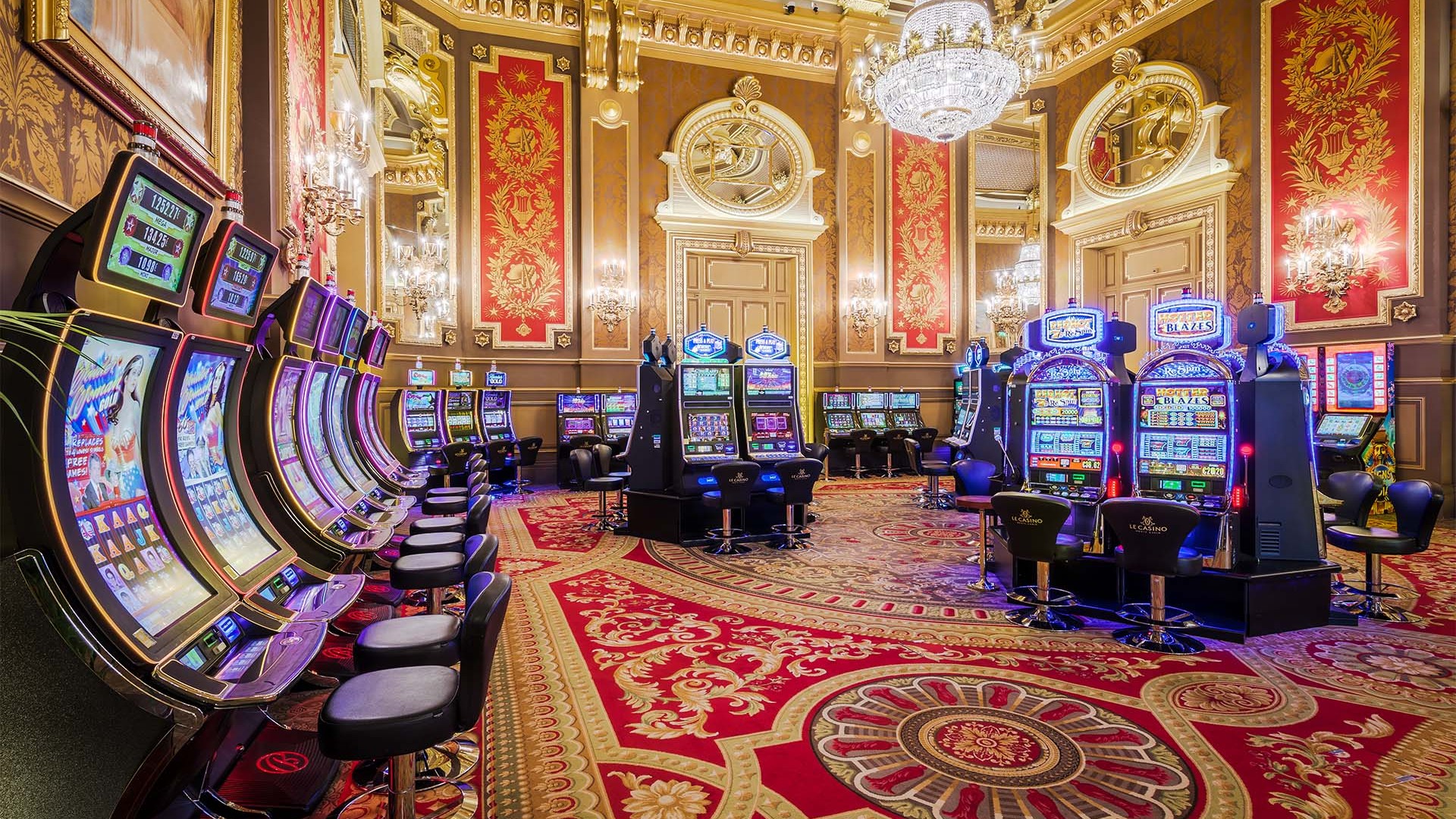
Casino games have long captured the imagination of individuals around the planet, becoming an integral part of both leisure and culture. From the sparkling lights of Nevada to the engaging experience of virtual casinos, these activities evoke thrill, risk, and sometimes even a sense of remembrance. They are not just simply pastimes; they have woven themselves into the texture of our lives, influencing various aspects from film and melodies to style and literature.
The allure of casino games goes beyond the betting aspect, tapping into larger themes of fortune, chance, and social interaction. As players gather around a card table or turn the roulette, they engage in an age-old ritual that connects with our communal desire for excitement and uncertainty. This obsession has led to the rise of numerous references in cinema, tracks, and electronic games, showcasing how intensely entrenched these pastimes are in pop culture. Whether it is the pressure of a classic caper or the colorful nightlife portrayed in recordings, casino games have carved out a substantial role that reflects our bond with reward.
Historical Impact of Gambling Games
Gambling activities have played a key role in social contexts throughout history. Originating from ancient civilizations, games of chance were often connected to ceremonies or gatherings. For example, early iterations of gambling can be traced back to ancient Chinese and the Roman Empire, where die games and wagering on results were common pastimes. nhà cái da88 These games not only served as entertainment but also as means of social interaction, facilitating connections among individuals within communities.
As cultures evolved, so did the complexity and structure of gambling games. The creation of official casinos in the 17th century, particularly in Italy, marked a notable shift in how games were perceived and structured. With specific spaces for gambling, the casino became a social hub where people from different backgrounds gathered. This change contributed to the legitimization of the industry, transforming it from a mere pastime into an organized industry that shaped economy and regulations.
The effect of gambling activities on mainstream culture cannot be overlooked. As they were brought into the limelight in literature and movies, games such as poker and blackjack became symbols of risk, chance, and tactics. Famous characters and narratives have developed around these games, illustrating societal attitudes towards fortune, wealth, and vice. This interest with gambling activities has infiltrated various forms of media, cementing their place in the public imagination and connecting them to wider cultural stories throughout history.
Portrayal of Gambling Activities in Media
Gambling games have long been a popular topic in different types of entertainment, reflecting both the fascination and intricacies of gambling culture. Films such as Ocean’s Eleven and Casino Royal portray characters who navigate high-stakes environments, showcasing not only the appeal of the casino atmosphere but also the tactics and decisions that come with playing popular games like Texas Hold’em and blackjack. These movies often dramatize the thrill of winning and the potential repercussions of losing, encapsulating the dangers involved in gambling.
Television shows have also explored the universe of gambling activities, often integrating them into the narrative as a backdrop for character development and tension. Series like Vegas depict the stories of casino workers and patrons, highlighting the vibrant, often tumultuous energy of the gaming floor. Reality shows featuring intense betting contests further emphasize the attraction of casino games, drawing viewers into the excitement and tactics involved in each session. Through these portrayals, media not only amuses but also stimulates conversations about luck, expertise, and the nature of chance.
Video games have increasingly integrated casino games into their development, allowing players to experience the thrill of gambling without financial exposure. Games within the domain of digital gaming often include online slot machines, online poker, and other casino favorites, creating an interactive experience that mirrors real-life gameplay. These virtual portrayals make casino games accessible to a global audience, appealing to both players who indulge and those who enjoy the thrill of virtual experiences. As a result, the representation of casino games in media continues to shape societal views and importance, highlighting their role in entertainment and culture.
Effect of Casino Games on Society
Casino games have a significant impact on communities, affecting various aspects of culture and interpersonal behavior. They often serve as a platform for social interaction, where people gather to enjoy a common activity. Game nights with friends or trips to casinos become group events that foster connections and create memories. This communal aspect boosts the fun value of casino games, making them a popular choice for festivities and recreational pursuits.
Additionally, gambling activities have been portrayed in countless films, television shows, and literature, influencing perceptions and attitudes towards gaming and gaming. Icons like James Bond competing in baccarat or the intense poker scenes in films have embedded these games in the shared imagination. This depiction often idealizes the culture associated with gambling, attracting new players and influencing trends in both style and conduct. These representations can ignite curiosity and lead to a deeper exploration of the intricacies of gaming.
Nonetheless, there are also negative consequences linked to the popularity of casino games. The allure of quick monetary gain can lead to problem gambling and financial troubles for some individuals. Society must contend with these consequences, advocating for responsible gaming and awareness of the dangers involved. Balancing the entertainment value of casino games with the risks is crucial to ensure that they remain a positive aspect of our cultural landscape.

